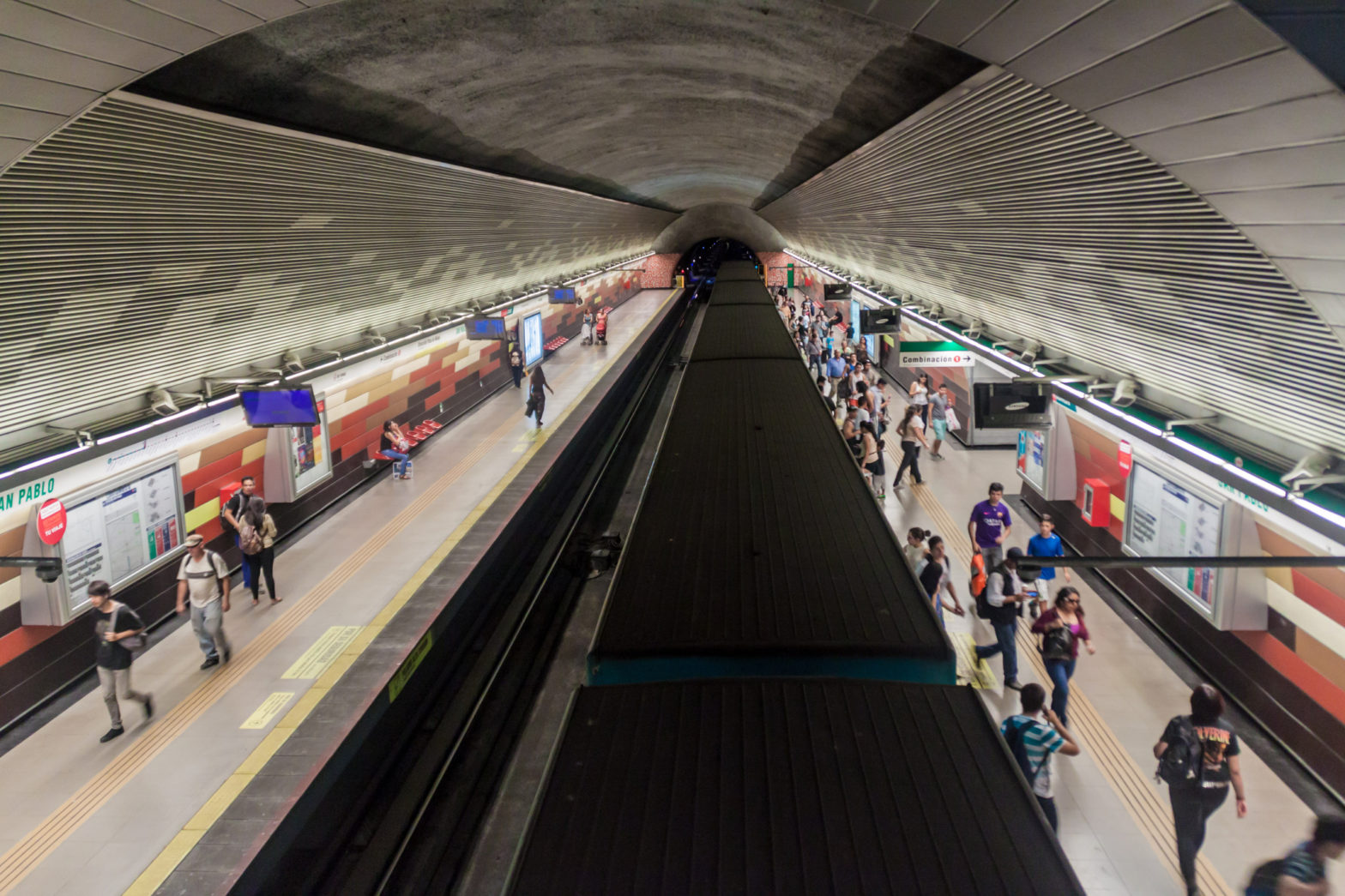
Santiago sets benchmark for efficient metro delivery
18 June 2025
by William Thorpe
Metro operators from Santiago and Paris are proving that major infrastructure projects can be delivered on time and on budget by maintaining tight control over procurement and design, and by continuously applying lessons from past projects.
Yolanda Leon, Chief of Scheduling and Control Projects at Metro de Santiago, outlined how Chile’s capital has emerged as a regional leader in cost-efficient metro delivery. With over four million weekday trips, half of which are made on the metro, Santiago is undergoing a major expansion, aiming to grow its network to 11 lines by 2034.
Leon highlighted the ongoing construction of Lines 7, 8 and 9, noting that Line 7 is already 30 percent complete and due to open in late 2028. Line 8 will link the airport directly to the city, with field preparations and archaeological work already underway.
“Our cost performance is the best in Latin America,” she told UITP Summit delegates at the session Delivering metro projects on time and on budget, noting that current projects are being delivered for less than US$100 million per kilometre.
She attributed this performance to Metro de Santiago’s approach to project management. “We are the integrator of all the different specialties,” she said. “We are responsible for the integration between designers and executors and between civil works and systems. That is a key factor for success.”
Metro de Santiago also runs international public tenders and maintains what Leon called a “continuous learning process.” Adjustments based on past experiences, including changes in environmental regulations and land prices, have helped eliminate cost overruns for later extensions.
“When we detect an improvement, we approve it and implement it. Then we apply it to the other projects that are still in earlier phases,” she explained.
Paris has followed a similar path. Emmanuel Sologny, Director of Line 14 at RATP, described how the city doubled the length of the automated line in time for the 2024 Olympics without compromising performance.
“We had to replace the CBTC [Communications-Based Train Control] system without interrupting the line,” he said. “We postponed some functionalities to be added later, and worked closely with suppliers to focus on what was needed to open the line.”
The extension now moves over 150,000 additional daily passengers with 85-second headways and maintained KPIs. “Everybody was aligned, from the project team to the CEO,” said Sologny.
Offering an Asia-wide view, Bertrand Goalou of the Asian Development Bank said that delivering on time and on budget required more than good engineering.
“We found that project governance, capacity development and project readiness are often underestimated, but they are essential,” he said.
Leon emphasised that timely and cost-effective delivery is not just a technical goal, but a social one: “By delivering projects on time and on budget, we help bring people closer together and create a better city to live in.”
Image: Matyas Rehak | Dreamstime.com













